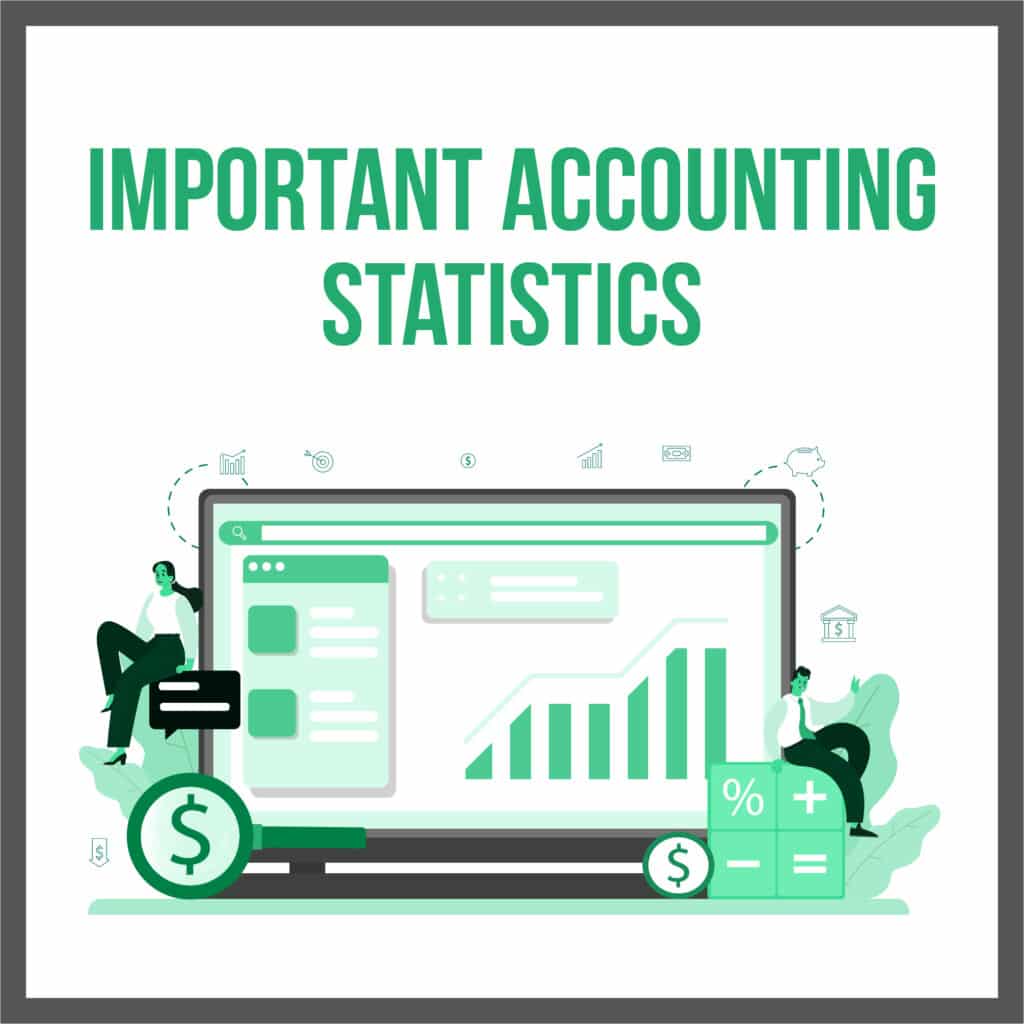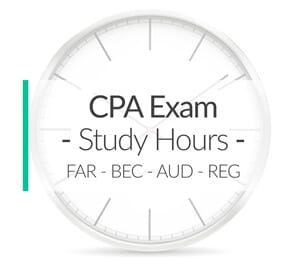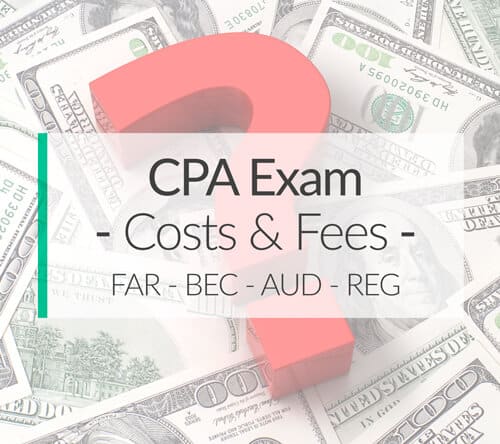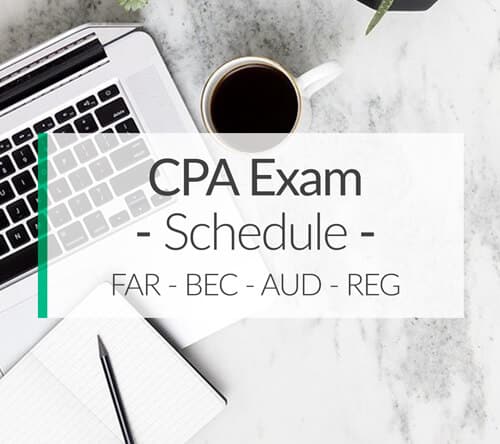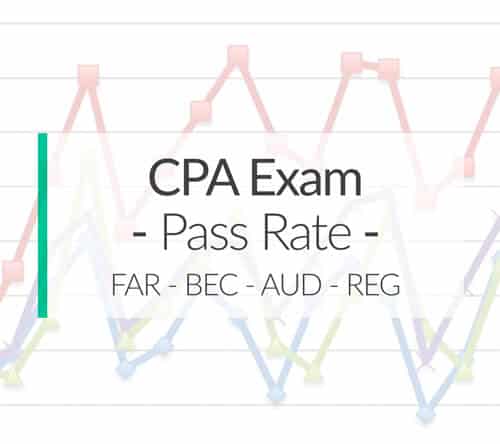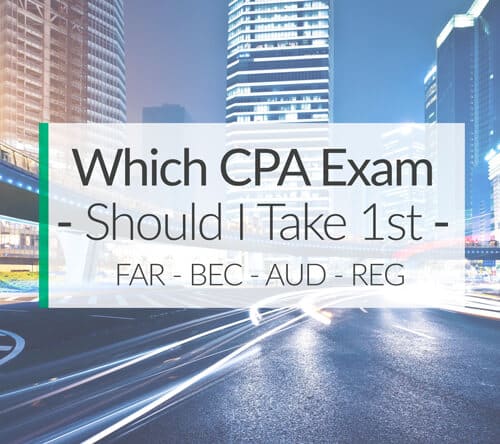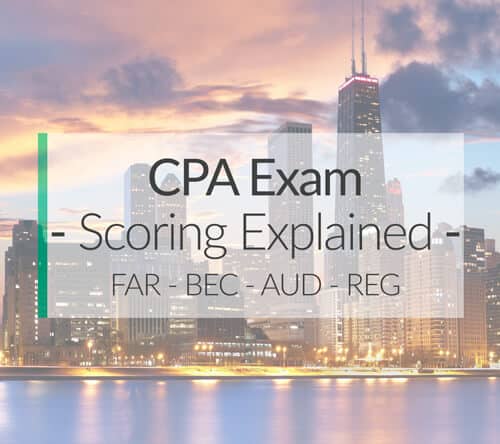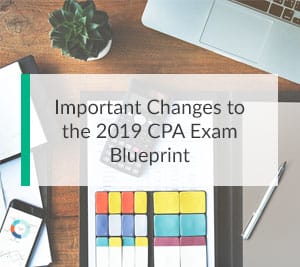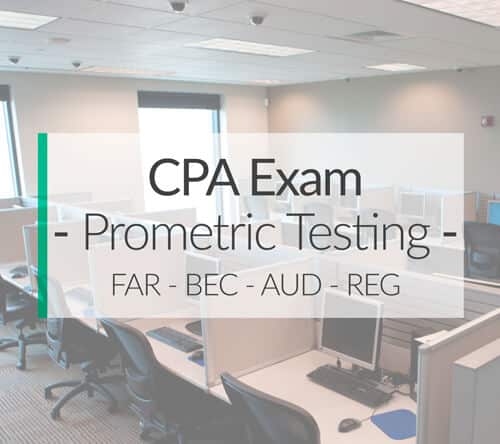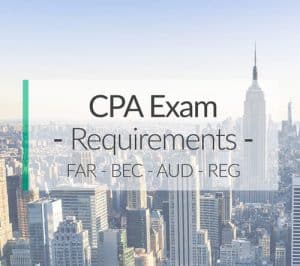
CPA exam requirements are set by individual state boards and thus vary by state jurisdiction. Although every state board of accountancy has slightly different requirements to sit for the CPA examination, most states have the same core set of qualifications that candidates must meet in order to be eligible.
Let’s take a look at what qualifications you need in order to be eligible to sit for the Uniform CPA exam in most states and what additional hoops you will have to jump through in order to become a Certified Public Accountant after you pass the exam.
- 1.Becker CPA Review Course: Rated the #1 Best CPA Review Course of 2025
- 2.Surgent CPA Prep Course: Best Technology
- 3.Gleim CPA Review Course: Largest Question Bank
What Are the Eligibility Requirements to Sit for the CPA Exam?
CPA Exam Qualifications
This is the first step in your CPA exam application process because if you aren’t eligible for it, your state board will reject your application and leave you with non-refunded application fees.
Here’s the eligibility checklist that you need to review before you even try to send in your application to your state board.
Citizenship Qualification
Do you need to be a US citizen to take the CPA exam? Although the traditional CPA candidate is a US citizen, most applicants don’t think about this requirement. However, it appears that most American states will allow non-citizens to become CPAs. That being said, there are a few states that will only certify citizens, such as North Carolina.
Ultimately, if you’re an international candidate, you’re likely to have a much easier time applying for certification than you might expect!
Social Security Identification
Do you need to have a Social Security number to take the CPA exam? The majority of states require a valid social security number for identification purposes. This does seem rather ironic since the original SS cards say “not for identification” right on them.
Again, most people don’t think about this requirement because the traditional applicant is a US citizen with an SS number. International candidates are rarely involved in the US SS system, so they don’t typically have social security numbers. If this is you, don’t worry. Illinois, Montana, New York, South Dakota, and Wisconsin do not have a Social Security requirement. You are safe to apply in those states.
Age Restrictions
All 55 licensing jurisdictions have a minimum age requirement of 18-years-old to apply for the CPA exam.
Sorry minors; you will have to wait a few years in order to start your career.
I’m sure none of the requirements thus far have been an issue for you. Most candidates don’t even realize that these qualifications in place, but they are. Let’s move on to the main requirement that you are probably most interested in: education.
Get Discounts On CPA Review Courses!

Enjoy $1,250 Off Gleim CPA Premium Pro Course

Enjoy $1,141 Off Becker CPA Pro+

Take $1,140 Off Becker CPA Pro

Get $1,000 Off Becker CPA Concierge

Take $629 Off Surgent CPA Ultimate Pass

Becker CPA: Interest-Free Payment Plan – Deal

Becker Deal: Save on CPA Single Part Courses

Get CPA Evolution Ready Content on All Becker CPA Courses – Deal

Becker CPA Advantage Package Now $2,499 – Promo

Enjoy a 14-day Free Trial on Becker CPA Courses

Exclusive Offer – 30% Off Lambers CPA Course Package
Educational Requirements
Like all CPA exam qualifications, the education requirements vary across states, but there are several consistencies that most states require. The main requirement is that candidates must have completed either a bachelor’s degree or 120 college credit hours in order to be eligible.
Some states require a general bachelor’s degree while others require a degree in accounting or business related field like finance.
Regardless of the degree necessary, most states require a minimum level of accounting coursework and business-related coursework. For example, most states require you to complete at least 24 semester hours in accounting courses including intermediate and advanced financial accounting, cost accounting, and taxation. States typically also require a minimum of 20 credit hours in a related business course like finance, business law, and management.
There are a few states that are cool enough to allow you to sit before you graduate. Check with your state board to see if you are one of the lucky ones who can get ahead of everyone else.
All states require that your education come from an accredited and recognized institution. This can often be a problem for international students who attend university in foreign countries.
Some states are going above and beyond the normal educational qualifications and requiring that their candidates complete a minimum of 150 college credit hours to sit for the exam. This is not typically the case, as most states only require 120 to be exam eligible. Most states do, however, require 150 credit hours to become certified.
If you have any questions about your education and if it is sufficient enough to meet the minimum eligibility requirements of your state, I recommend contacting your state board. They will be able to review your transcripts and tell you whether your academic credits qualify or not.
Work Experience
No states require you to have any work experience to take the exam. This is a requirement to obtain your CPA license. You will have plenty of time to gain experience after you pass the exam.
List of CPA Exam Requirements
- US Citizen
- Valid Social Security Number
- At Least 18-years-old
- 120 College Credit Hours or Bachelor’s Degree
Are You Eligible for the CPA Exam?
So those are the requirements. Are you eligible to sit for the exam? If so, you should start studying as soon as possible. There is no point in putting it off. The sooner you start, the sooner you will be able to call yourself a CPA and move on with your career.
The best way to start your studying process is to get a CPA review course that matches your learning style and works for you. Here’s a list of the top review courses out there right now. Check them out and see which one is right for you.

